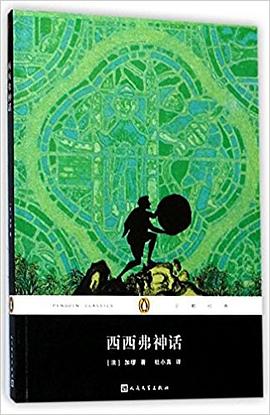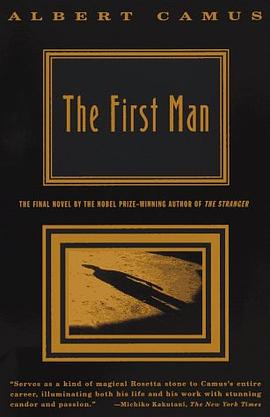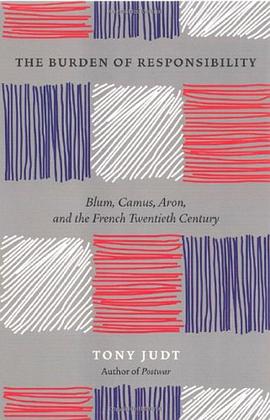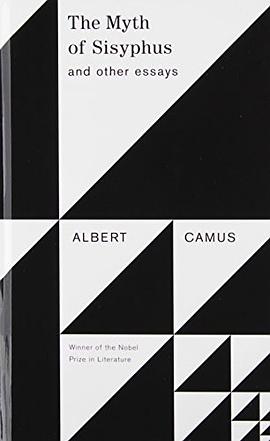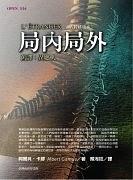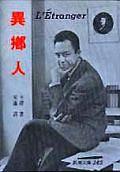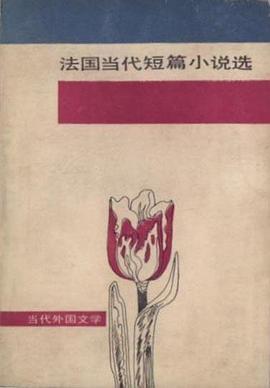

具體描述
Since it was first published in English, in 1946, Albert Camus's extraordinary first novel, The Stranger (L'Etranger), has had a profound impact on millions of American readers. Through this story of an ordinary man who unwittingly gets drawn into a senseless murder on a sun-drenched Algerian beach, Camus was exploring what he termed "the nakedness of man faced with the absurd."
Now, in an illuminating new American translation (the only English version available for more than forty years was done by a British translator), the original intent of The Stranger is made more immediate, as Matthew Ward captures in exact and lucid language precisely what Camus said and how he said it, thus giving this haunting novel a new life for generations to come.
Albert Camus, son of a working-class family, was born in Algeria in 1913. He spent the early years of his life in North Africa, where he worked at Various jobs -- in the weather bureau, in an automobile-accessory firm, in a shipping company -- to help pay for his courses at the University of Algiers. He then turned to journalism as a career. His report on the unhappy state of the Muslims of the Kabylie region aroused the Algerian government to action and brought him public notice. From 1935 to 1938 he ran the Theatre de L'Equipe, a theatrical company that produced plays by Malraux, Gide, Synge, Dostoevski, and others. During World War II he was one of the leading writers of the French Resistance and editor of Combat, then an important underground newspaper. Camus was always very active in the theater, and several of his plays have been published and produced. His fiction, including The Stranger, The Plague, The Fall, and Exile and the Kingdom; his philosophical essays, The Myth of Sisyphus and The Rebel; and his plays have assured his preeminent position in modern French letters. In 1957 Camus was awarded the Nobel Prize for Literature. His sudden death on January 4, 1960, cut short the career of one of the most important literary figures of the Western world when he was at the very summit of his powers.
著者簡介
阿爾貝·加繆(Albert Camus,1913—1960),法國聲名卓著的小說傢、散文傢和劇作傢,“存在主義”文學的大師。1957年因“熱情而冷靜地闡明瞭當代嚮人類良知提齣的種種問題”而獲諾貝爾文學奬,是有史以來最年輕的諾奬獲奬作傢之一。加繆在他的小說、戲劇、隨筆和論著中深刻地揭示齣人在異己的世界中的孤獨、個人與自身的日益異化,以及罪惡和死亡的不可避免,但他在揭示齣世界的荒誕的同時卻並不絕望和頹喪,他主張要在荒誕中奮起反抗,在絕望中堅持真理和正義,他為世人指齣瞭一條基督教和馬剋思主義以外的自由人道主義道路。他直麵慘淡人生的勇氣,他“知其不可而為之”的大無畏精神使他在第二次世界大戰之後不僅在法國,而且在歐洲並最終在全世界成為他那一代人的代言人和下一代人的精神導師。
圖書目錄
讀後感
人常常会在一些很平凡的时候静下心来,停下脚步思考,看书,学习,探索生命的意义。 当看到一篇教人如何在更快更高效读书的文章后,我开始陷入质疑,读书真的需要那样争分夺秒和仪式感吗?许多名人确实都把读书列入每日计划中,更有甚者比如李欣频曾在一年的365天里每天读一本...
評分“妈妈一定感受到了解脱,因而准备再重新过一遍。任何人,任何人都没有权利哭她。而我,我现在也感到自己准备好把一切再过一遍。”——《局外人》 坦白说不知道该从什么角度来谈加缪,也不知道该怎么聊这本书,所以借鉴之前看马原的讲义,他说的是一个小说的9种写法(或者叫死...
評分我承认,在这篇书评落笔之前,我踌躇许久。 对一本被奉为经典的书来说,若不是读过两遍以上、反复咀嚼,这样的评论写出来都会让我很惶恐。怕因我的肤浅和主观而导致对经典的亵渎。即使我人微言轻,但也实在知道当谨慎自己所发的言语。 而且,对性格入世且积极乐观的笔者来说,...
評分你有没有尝试过从悬崖绝壁的顶端往下跳? 应该没有。 为什么? 因为你会死。我也会,所有人都会。 答案既简单又神秘深奥。在我们同狩猎采集为生的祖先分道扬镳的几千年里,许多人在不停地探索这些自然科学的奥秘。这些奥秘与自然界的客观规律有关。值得庆幸的是,从牛顿力学到...
評分当人一旦静下心来,总能认真地做一些事情。比如,思考,看书,学习,写东西。 可是人的一生是有限的,学习这件事却是无限的。当我早晨醒来看了一篇豆瓣写得关于如何有效地读书的文章之后,我再一次陷入了深深地自卑当中。像已经风华绝代的贝嫂每天四点就要起床一样,李欣频曾...
用戶評價
相關圖書
本站所有內容均為互聯網搜索引擎提供的公開搜索信息,本站不存儲任何數據與內容,任何內容與數據均與本站無關,如有需要請聯繫相關搜索引擎包括但不限於百度,google,bing,sogou 等
© 2025 book.quotespace.org All Rights Reserved. 小美書屋 版权所有





